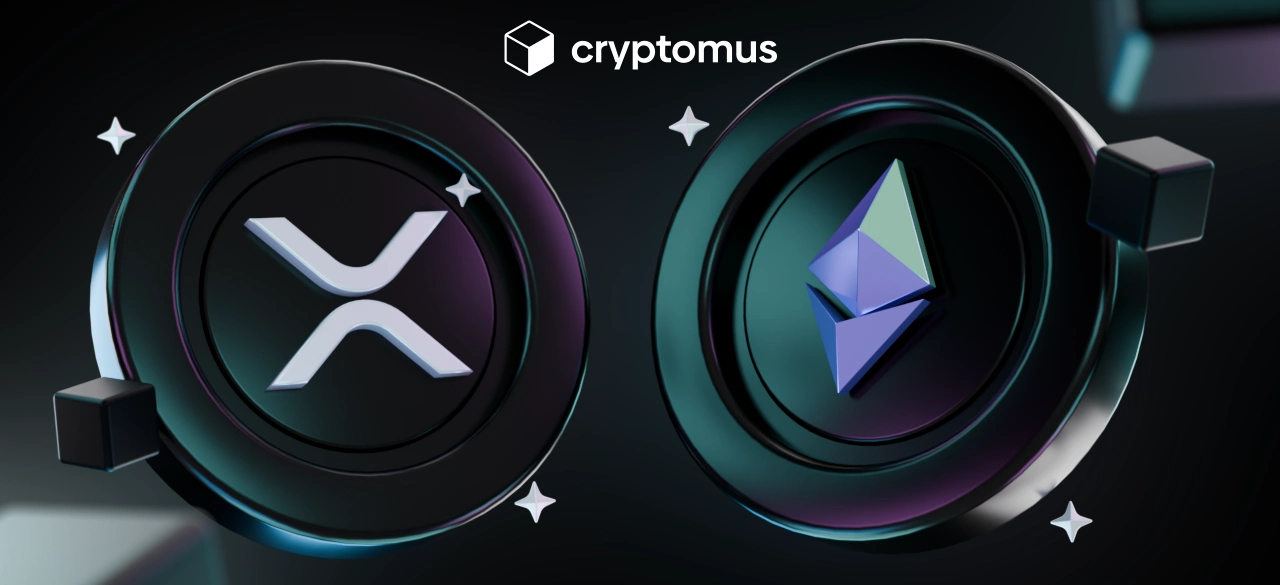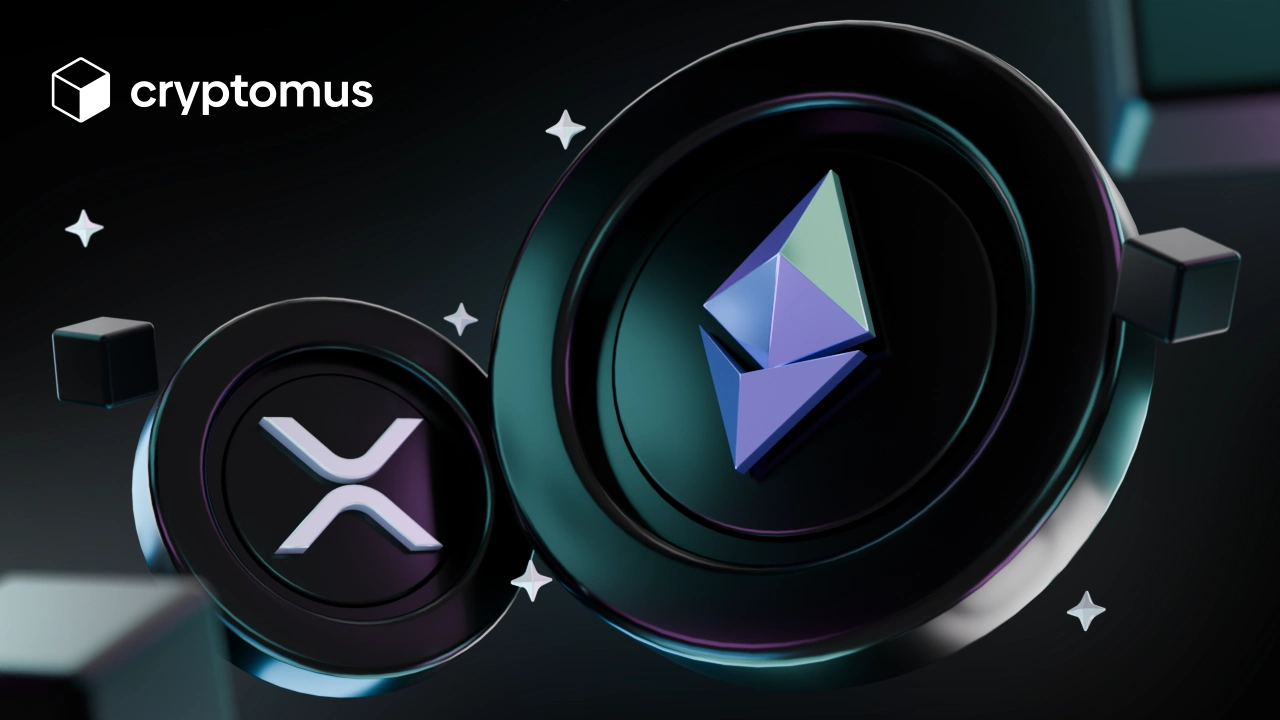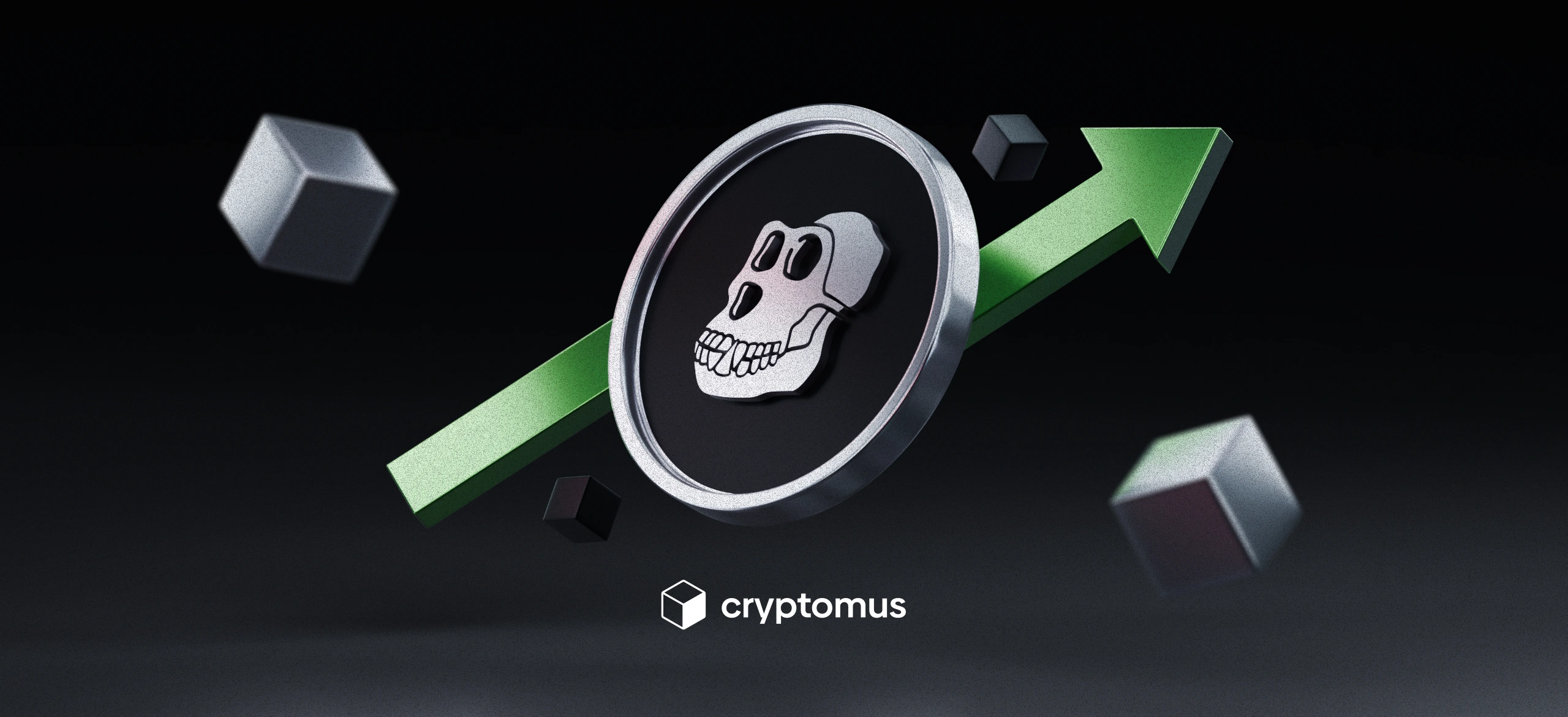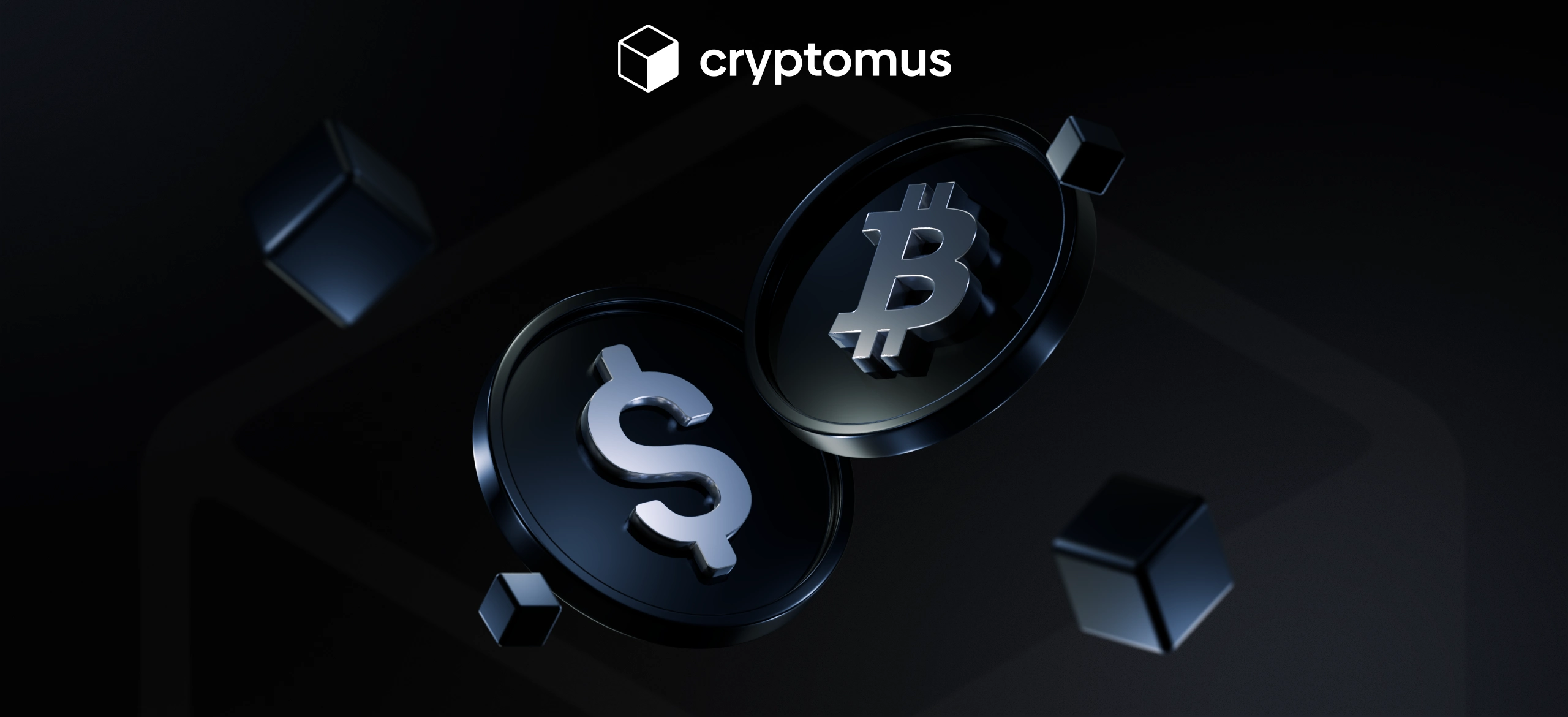
Ethereum Vs Ripple:完整比較
目錄
今天我們將看看加密貨幣世界中兩個亮眼的代表:Ethereum 與 Ripple。或許相較於 Bitcoin,它們看起來不那麼顯眼,但已經在使用者間留下深刻印象。這些虛擬代幣正在新興的區塊鏈產業中邁出新步伐。因此,讓我們一起探索它們的相似與不同,以及哪一個更適合投資:ETH 或 XRP。
什麼是 Ethereum?
Ethereum 是僅次於 Bitcoin 的第二大加密貨幣。ETH 建構於區塊鏈概念之上,提供的不僅僅是「另一種數位貨幣」或投資機會。由於其受歡迎程度,取得 ETH 相對容易;此外,其原生平台也往往與各大加密交易所整合。撰寫時,該代幣市值為 2,780 億美元,流通量為 1.2034 億枚。
Ethereum 的主要優勢之一是其區塊鏈與所謂的「智慧合約 (smart contracts)」,使用者可用來制定交易規則。ETH 也具備 Swarm 功能,將儲存的資料分散於雲端供應商之間。這代表使用者資訊更不易被讀取,且不綁定於單一儲存體,這在競爭者之間屬於獨特優勢。
什麼是 Ripple?
接著談談第二個數位代幣。Ripple 是由 Ripple Labs 自 2013 年起持有的加密貨幣。不過它最初於 2012 年以 OpenCoin 的名義由共同創辦人 Chris Larson 與 Jed McCaleb 推出。該資產的目標是用區塊鏈解決方案來改善現代金融市場的低效問題,提供快速且低成本的全球匯款方式,這也是其主要優勢。
XRP 主要面向兩類對象:網路參與者與使用者。網路參與者是處理支付並提供流動性的機構,例如銀行與支付服務商。網路使用者則是僅進行交易的群體,包括企業、SME 與小型支付服務商。有些公司選擇使用 XRP,是因為它在速度與成本上比 ETH 快、便宜上千倍。如今,XRP 的市值約為 325 億美元,目前流通量為 560 億枚,總供給上限為 1,000 億枚 XRP。
Ethereum Vs Ripple:關鍵差異
好,現在我們對每種代幣都有更多了解了。接著聚焦比較它們之間的不同。
交易速度
挑選加密貨幣時,一個重要考量是交易速度與吞吐量。目前 Ethereum 每秒可處理約 15 筆交易 (TPS),建立一個交易區塊所需的時間也大致相同。一般來說,完成約需三分鐘並取得十二個區塊確認。相較之下,Ripple 的 TPS 高得多,約為 1,500。這意味著 Ripple 能在四秒內處理付款,比 ETH 快上數倍。
手續費
接著是第二重要的面向——手續費成本。在 Ethereum 上,費用會隨網路活躍度而變動,稱為「gas fees」,支付給礦工以執行操作與智慧合約。在網路高度壅塞時,費用可能大幅上升。隨著 Ethereum 2.0 的實施(轉向 Proof of Stake),預期其吞吐量與交易成本將有所改善。費用範圍約在 1 美元到 100 多美元之間,取決於操作複雜度與網路負載。平均每筆交易約為 1.5~3 美元。
Ripple 網路上的費用低得多。這主要是因其目標在於實現快速且廉價的交易。單筆操作的手續費通常僅為 0.00001 XRP(不到一美分)。它主要服務金融機構與國際支付場景,對低成本與高速度的需求尤為關鍵。因此,Ripple 在小額交易上特別便宜。

共識機制
最後來看今日的關鍵點:各代幣的共識機制。Ethereum 使用多種演算法:Proof-of-Stake (PoS) 與 Proof-of-Work (PoW)。後者主要有兩個目的:確保網路安全,以及透過算力貢獻鼓勵人們參與網路建設。
在 Ethereum 的 Proof-of-Work 系統中,礦工(亦即提供算力的貢獻者)彼此競爭解題,作為回報可獲得 Ether。這些獎勵同時也扮演 Ethereum 網路內服務費用的角色。
至於 Ripple,這種加密貨幣使用 xCurrent 機制以更可靠與高效地處理支付。它提供即時結算與預先驗證的交易,減少中斷。此外,所有與網路相連的參與者都能彼此溝通,在發送交易時包含匯率、發票與監管條件等資料,確保雙向溝通。
網路參與者也可以使用另一個 xRapid 機制,透過數位資產取得流動性,從而降低流動性成本。為了讓不同方都能連上 XRP 網路,採用了標準化的 xVia 介面,以避免多重整合的需求。
Ethereum Vs Ripple:哪個更值得買?
讓我們總結一下。Ethereum 不只是代幣,更是一個涵蓋 dApps、NFT、smart contracts 與 DeFi 專案的完整生態系統。它也持續演進,例如 Ethereum 2.0 可望降低費用並提升網路吞吐量,讓 ETH 對開發者與進階使用者更具吸引力。
然而,風險也不可忽視。高費用與其他區塊鏈平台的競爭,可能影響其長期表現。儘管 ETH 價格較高,許多人仍視其為具前景的投資標的,原因在於其延展性與在 DeFi 領域的影響力。
Ripple 則專注於國際匯款以及與銀行與金融機構的合作。這讓它對追求低成本、快速交易的人特別有吸引力。其較低的入場門檻也使其成為想要進入加密市場者的友善選擇。Ripple 在金融業的穩定合作關係可能帶來持續需求。
不過,Ripple 的未來與其法律訴訟結果密切相關,包括與美國 SEC 的持續爭議,涉及未註冊證券銷售的指控。這帶來不確定性,可能影響其價值。
因此,若你想投資於智慧合約與去中心化應用的生態系,Ethereum 可能是較佳選擇;若你需要一個用於快速且低成本操作的資產,XRP 可能更有利。最終在這兩位加密「選手」之間做出選擇,取決於你的目標與期待。
Ethereum Vs Ripple:正面對比
最後,我們準備了一張兩者的比較表,幫助你更清楚地看出差異:
| Cryptocurrency | Type | Algorithm | Primary Goal | Fees | Transaction Speed | Growth Potential | Current Price (on September 2024) | |
|---|---|---|---|---|---|---|---|---|
| Ethereum | Type用於與 smart contracts 與 dApps 互動的網路 | AlgorithmProof-of-Stake(升級中)、Proof-of-Work | Primary GoalDecentralized Finance (DeFi)、NFTs | Fees高且取決於網路負載(通常 $1.5–$3) | Transaction Speed15–30 TPS,隨 ETH 2.0 改善 | Growth Potential高,受惠於更新與 DeFi 熱度 | Current Price (on September 2024)約 $2313 / ETH | |
| Ripple | Type用於國際轉帳的加密貨幣 | AlgorithmConsensus Ledger、xCurrent、xRapid | Primary Goal跨境支付 | Fees非常低(約 0.00001 XRP) | Transaction Speed1500+ TPS | Growth Potential取決於法律訴訟與合作夥伴進展 | Current Price (on September 2024)約 $0.5 / XRP |
總而言之,Ethereum 與 Ripple 都是具備獨特特性的優質數位資產。你可以在 Cryptomus P2P platform 上購買這兩種代幣,其介面友善、手續費低、且有大量掛單可供選擇。
你對這兩位競爭者有什麼看法?歡迎在留言中分享你的意見。



